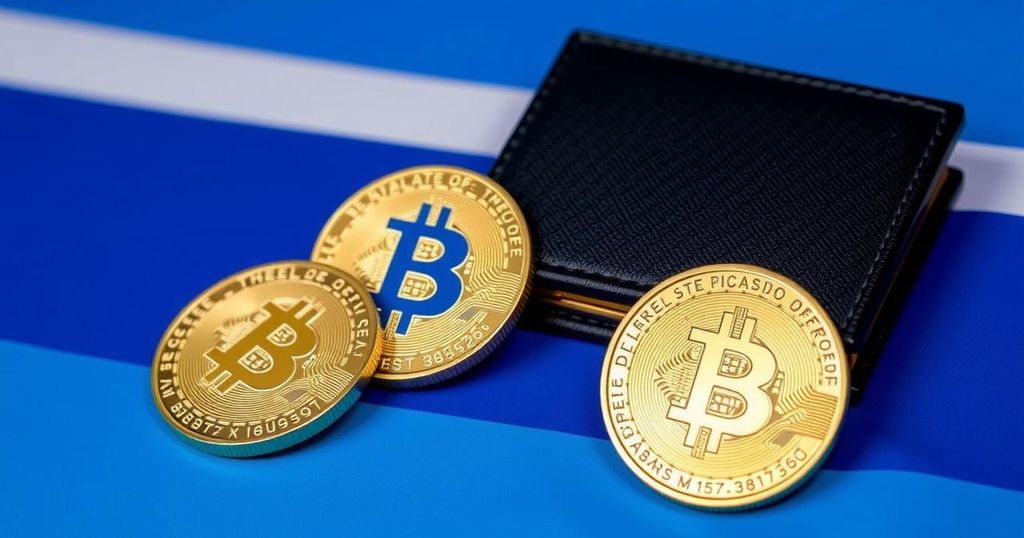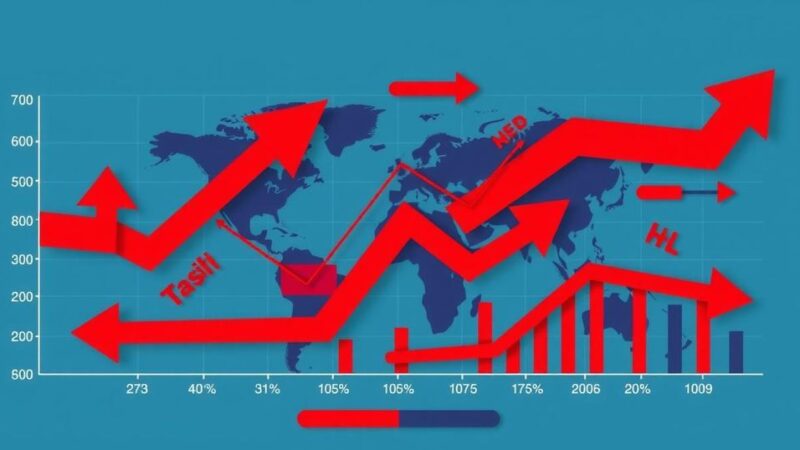El Salvador will privatize or shut down the Chivo bitcoin wallet amid a $1.4 billion IMF loan agreement, which limits bitcoin acceptance in the public sector. While the country continues to possess a bitcoin reserve, public engagement has been low, with a survey indicating that 88 percent of Salvadorans do not use bitcoin. This shift signals a reevaluation of the government’s bitcoin policies following mixed public reception and international scrutiny.
El Salvador is set to privatize or dismantle the government-created cryptocurrency wallet, Chivo, as the country reassesses its strategy on digital currencies. This decision follows the establishment of a $1.4 billion loan agreement with the International Monetary Fund (IMF), which raised concerns regarding El Salvador’s ongoing approval of bitcoin. While Chivo’s closure or sale is imminent, the nation will persist in expanding its Strategic Bitcoin Reserve by purchasing more bitcoin, as indicated by Stacy Herbert, the director of the National Bitcoin Office.
Despite bitcoin remaining legal tender, its adoption rate among the public has been disappointing, with 88 percent of Salvadorans reportedly refraining from using the cryptocurrency in 2023. The IMF noted that any future acceptance of bitcoin within the private sector would be voluntary, limiting public sector involvement in bitcoin-related transactions. President Bukele originally introduced bitcoin in 2021 to innovate a dollar-dependent economy, but the move has faced substantial public skepticism and vigor in its implementation.
As of now, El Salvador possesses approximately 5,969 bitcoins, with an estimated value of $582 million. The predicament surrounding Chivo reflects a broader reconsideration of national bitcoin policies amidst both local and international scrutiny regarding their efficacy.
In 2021, El Salvador made history by becoming the first nation to recognize bitcoin as legal tender under the leadership of President Nayib Bukele. The decision aimed to invigorate an economy heavily reliant on remittances and the U.S. dollar. However, the implementation of bitcoin has encountered significant challenges, including public resistance and concerns over volatility and risks associated with cryptocurrency transactions. The establishment of Chivo aimed to facilitate bitcoin payments for Salvadorans, but user engagement has not met expectations. Following a recent IMF deal, the government’s approach to bitcoin is shifting, emphasizing private sector voluntary adoption and decreasing public sector involvement.
The planned closure of the Chivo wallet marks a critical juncture for El Salvador’s engagement with bitcoin, highlighting both the challenges faced by the initiative and the government’s response to international funding requirements. With a significant proportion of the population remaining disinterested in bitcoin, the future of cryptocurrency in El Salvador is increasingly uncertain. As the government seeks to maintain its bitcoin reserves while recalibrating its strategy, it raises questions about the viability of cryptocurrency as a mainstream economic tool in the country.
Original Source: ticotimes.net






